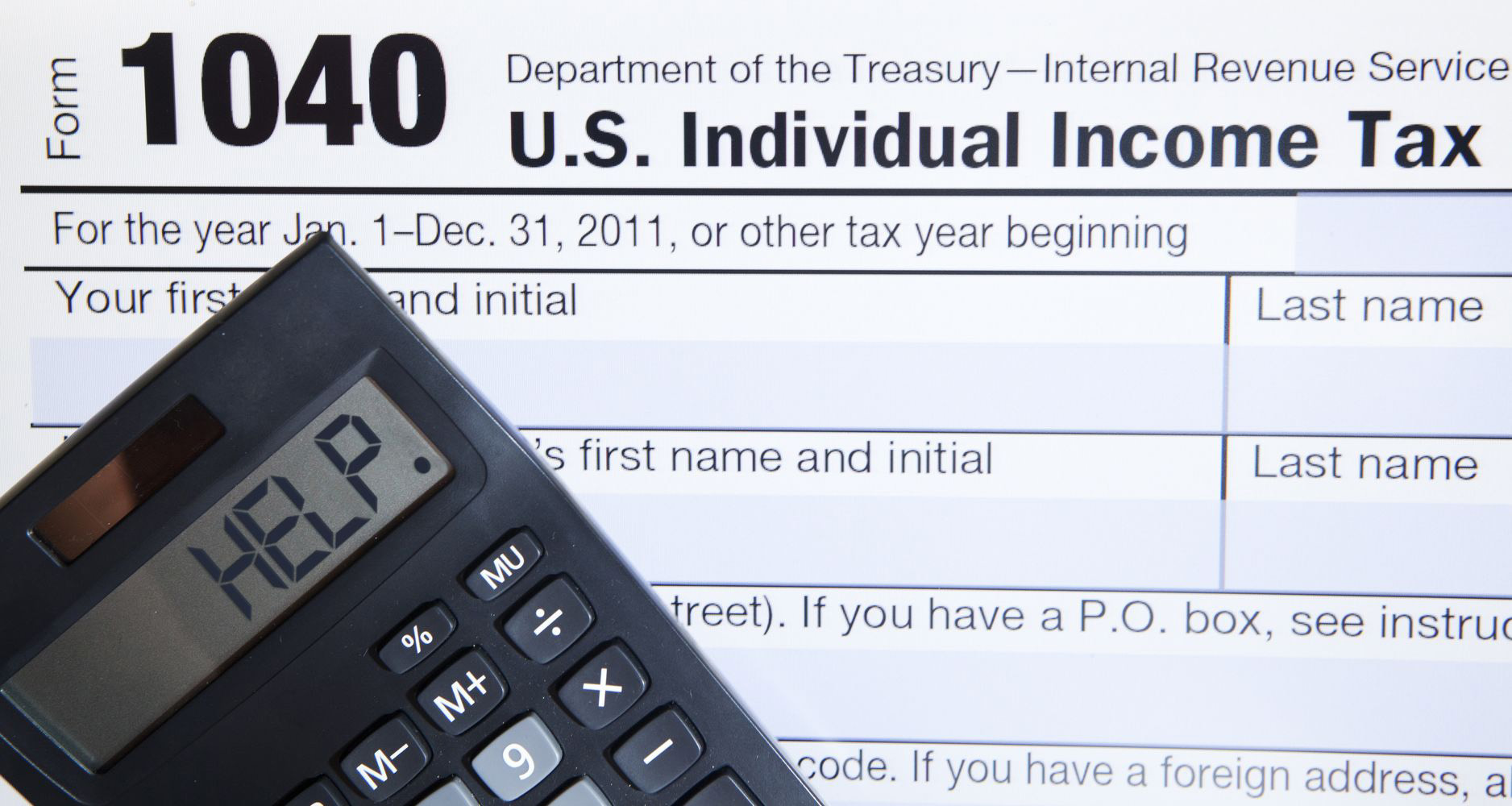Lost in the blur of the presidential campaign is evidence that the Republican replacement for Obamacare will include refundable tax credits. In its purest form, this means that each person who has employer-sponsored benefits or an individual health plan, or is dependent on a welfare program like Medicaid or the Children’s Health Insurance Plan (CHIP), will start with a fixed sum of taxpayer money with which to choose health coverage. The Republican proposal will not likely go that far, but it will go a long way toward making the tax treatment of health benefits fair.
Working-age people dependent on government money for health coverage are caught in a trap that hinders them from seeking higher incomes. Whether they’re on Medicaid (the joint state-federal welfare program for low-income people) or receiving coverage through an Obamacare exchange with premiums discounted by tax credits paid to insurers, these people will lose all or much of their subsidies if they get a pay hike. This can significantly increase their health costs and even reduce their take-home pay despite the raise.
Take a family of four whose household income increases by just $1, from $31,720 to $31,721. In an Obamacare exchange, the household is initially liable to pay an estimated $958 for the most common plan. But the extra dollar will make the family ineligible for some subsidy money, and the household’s net annual premium will rise by $320 (from $638 to $958) — a net loss of $319.
On the other hand, people with employer-based benefits exclude the value of those benefits from their taxable income. Because the United States has a highly progressive income-tax regime, this exclusion is worth far more to high-income households than middle-income ones.
A universal tax credit would eliminate this tax discrimination. To be sure, the leading Republican presidential contender, Donald Trump, does not have a tax credit in his plan. Senator Ted Cruz and Governor John Kasich, the other two Republican contenders, appear open to reforming the tax treatment of health benefits but are not wedded to any one way. This means that if a Republican president is elected, the initiative for post-Obamacare health reform will fall to Congress.
House Budget chairman Tom Price, R.-Ga., a physician, has already proposed his own Obamacare replacement. Price is one of four committee chairmen whom Speaker Paul Ryan recently appointed to a health-reform task force. A Republican president would likely look to Price’s plan for a tax-credit design.
Price’s bill offers a universal tax credit, adjusted by age, to every American who chooses to buy individual health insurance: $1,200 for those aged 18 through 34, $2,100 for those 35 through 49, $3,000 for those 50 through 54, and $900 per child. Price would allow people to decline employer-based benefits and claim their tax credits in the individual market.
Some conservatives criticize health tax credits because they must be paid for. This is one reason Republican politicians who support tax credits have generally failed to win the support of Republican fiscal hawks. Supporters should emphasize that a universal tax credit would replace, not supplement, current federal spending. For example, Medicaid money would be used to fund the tax credit. According to the Congressional Budget Office, federal spending on Medicaid and the Children’s Health Insurance Plan (CHIP) will amount to $394 billion this year.
Another source of funding is the current exclusion of employer-based health benefits from taxable income. This exclusion will cost $144 billion in tax revenue this year. This so-called “tax expenditure” differs greatly from actual spending on Medicaid and other welfare programs because it imposes no direct cost on other taxpayers. Nevertheless, if the government eliminated this exclusion and substituted a tax credit, it would eliminate the exclusion’s bias favoring high-income households and leave many households with more after-tax dollars.
Using this revenue, plus Obamacare exchange tax credits, would cover $594 billion in tax credits for 232 million people on Medicaid, CHIP, employer-based plans, and individual plans (either on or off Obamacare exchanges). That averages over $2,500 per person.
Although the actual amount would likely be adjusted by age, as in Price’s bill, that would be enough money to overcome political resistance to a universal tax credit, which would be much simpler and vastly superior to the status quo.








